12 Comforting Childhood Memories That Meant You Had It Better Than Most
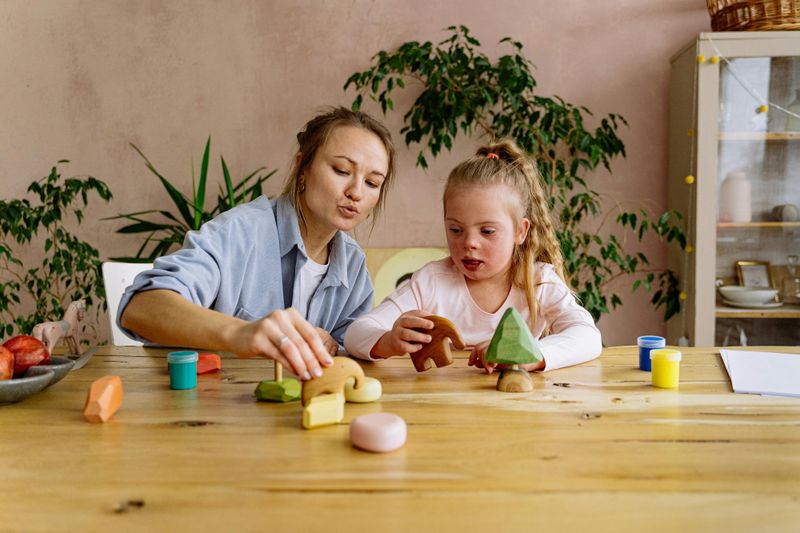
Growing up, some experiences shape us more deeply than others, leaving lasting imprints of security and happiness. Not every child enjoys the same comforts and emotional supports during their formative years. The presence of certain memories in your childhood often indicates you had advantages many others didn’t – small but significant moments that built confidence, security, and joy in your early life.
1. Someone at your big events
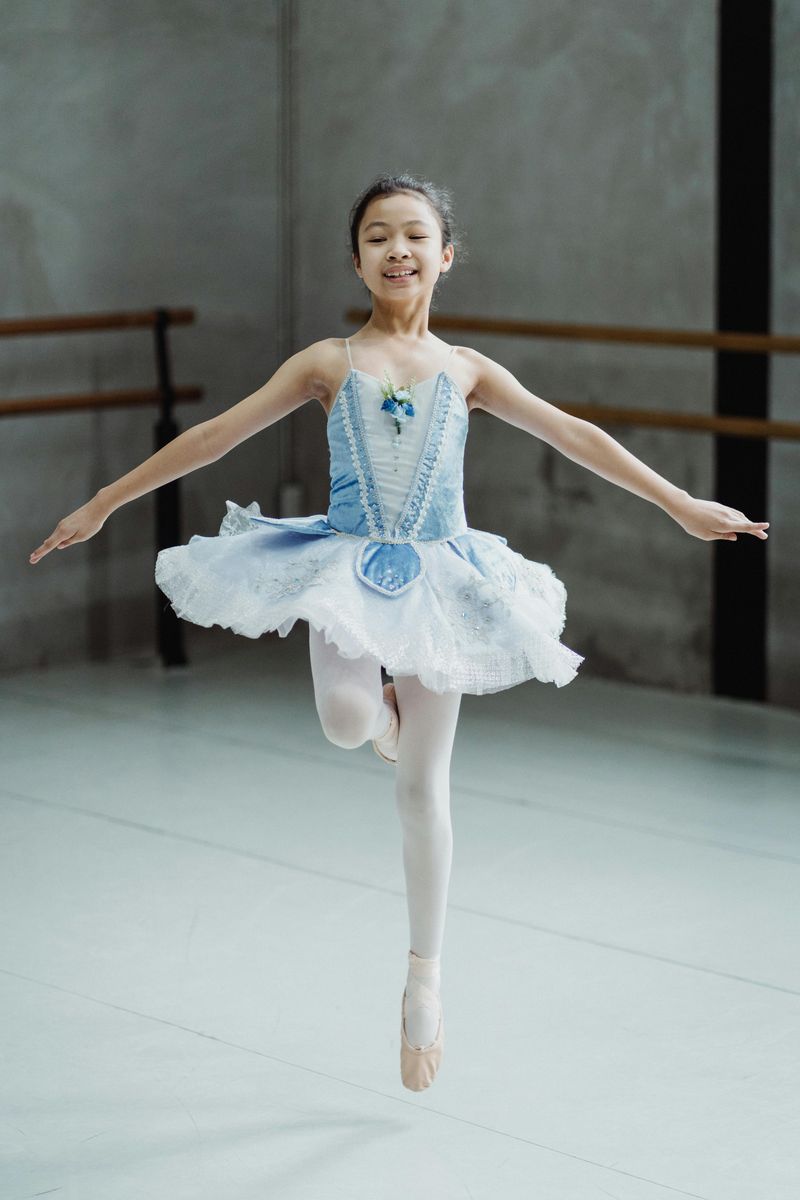
Scanning the audience at your school play and spotting your mom’s encouraging smile made all the difference. That unwavering support system showed up rain or shine, camera in hand, ready to cheer louder than anyone else.
Those familiar faces in the crowd weren’t just spectators – they were your personal cheerleaders who rearranged work schedules and drove across town to witness your moments of triumph and struggle. Their presence communicated something profound without words: you mattered enough for them to stop everything else.
Many children perform to empty seats or distracted parents, never knowing the confidence boost of having someone who thinks their small victories are worth celebrating.
2. Hearing “I love you” or “I’m proud of you”

Those three simple words created an invisible safety net beneath your childhood adventures. Not every child hears them regularly – or ever.
Words of affirmation weren’t saved just for report cards or winning games. They came during ordinary moments: while being tucked in, after small accomplishments, or sometimes for no reason at all. This verbal reassurance built your emotional foundation brick by brick.
Research shows children who hear positive affirmations develop stronger self-esteem and resilience. Your brain literally grew differently because someone took the time to verbalize their love, creating neural pathways of security that would carry you through life’s inevitable challenges.
3. Lots of good friends
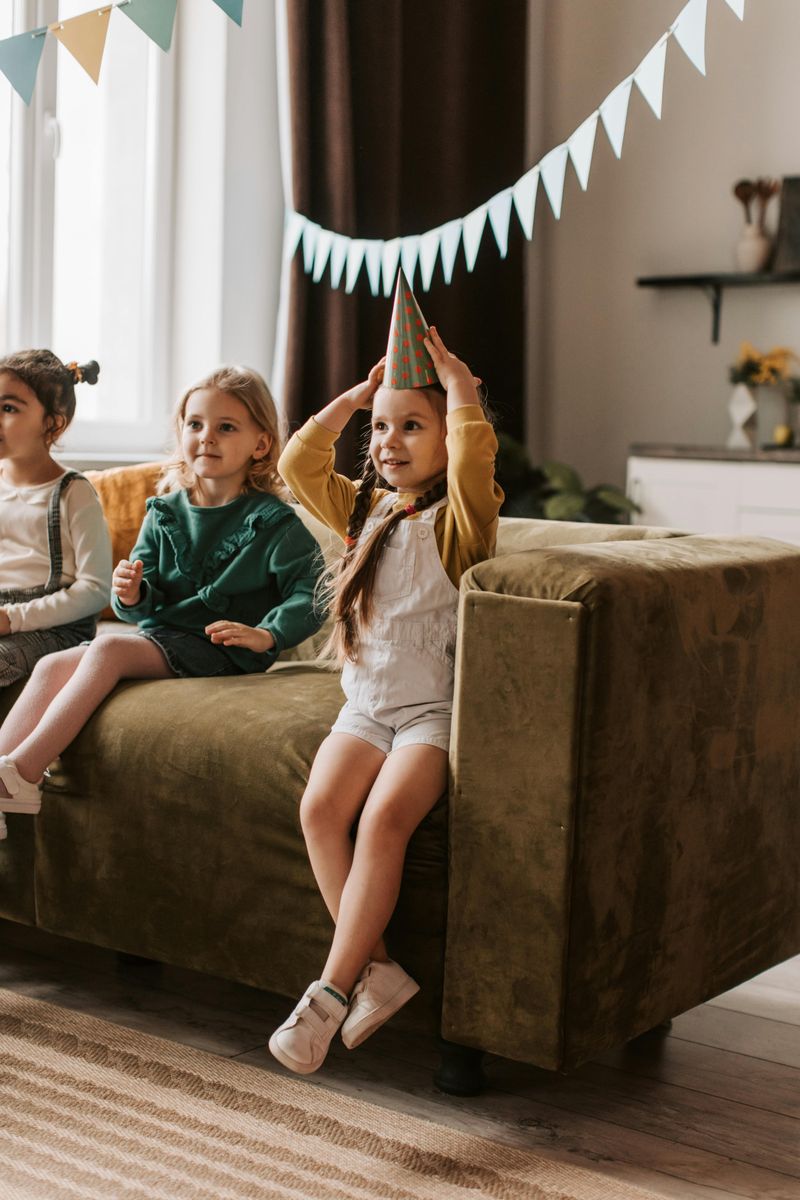
Friendship bracelets, secret codes, and playground alliances formed the backbone of your social world. Having multiple friends to call on meant never facing the crushing loneliness many children endure.
Your childhood home buzzed with sleepovers and birthday parties. Phone calls and notes passed in class connected you to a world bigger than your family. These friendships taught crucial life skills – sharing, conflict resolution, empathy – in the laboratory of unstructured play.
Many children experience profound social isolation or struggle to form meaningful connections. Your rich friendship tapestry provided emotional support, built confidence, and created a sense of belonging that shaped your social intelligence for decades to come.
4. Less screen time, more real play
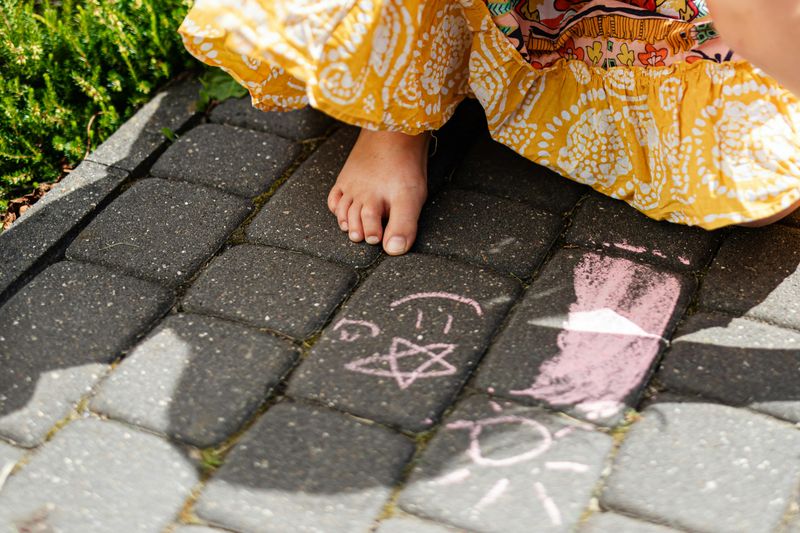
Muddy knees and makeshift forts characterized your childhood adventures. While today’s children often spend 7+ hours daily on screens, your imagination flourished without digital constraints.
Cardboard boxes transformed into spaceships. Backyards became unexplored jungles. These analog experiences developed problem-solving skills and creativity that no app could replicate. Your brain formed different neural connections through tactile, three-dimensional play experiences.
The freedom to create your own entertainment meant boredom became a launching pad for innovation, not something to be immediately escaped. This unstructured play built resilience, executive function, and social skills that continue serving you in adulthood.
5. Frequent sweet treats
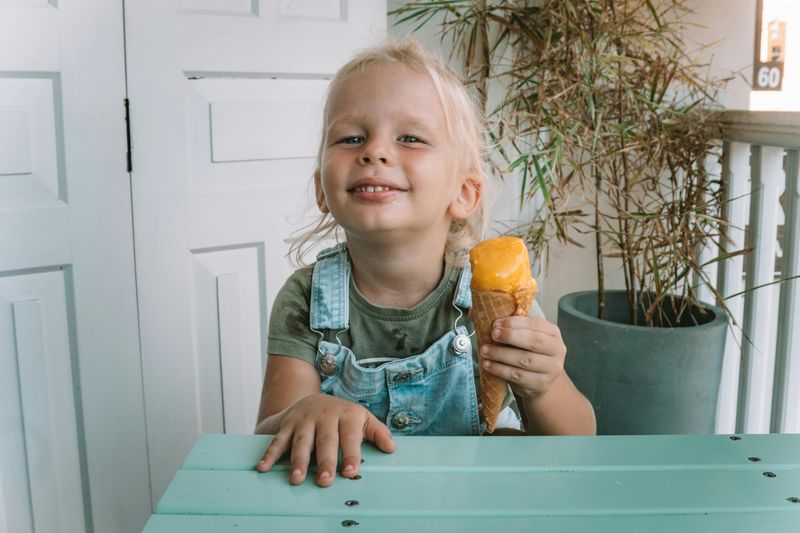
Remember the magical sound of the ice cream truck? Those unexpected sugar rushes weren’t just about the taste – they were moments of pure childhood joy and special connection.
Finding a surprise cookie in your lunchbox or being treated to ice cream after a doctor’s appointment taught you that life contains small, reliable pleasures. These weren’t just indulgences; they were rituals that marked celebrations, soothed disappointments, and created family traditions.
Food insecurity affects millions of children who never experience these small luxuries. Your sweet memories represent more than candy – they symbolize the stability, care, and occasional indulgence that made your childhood richer than many others.
6. Rare yelling in the house
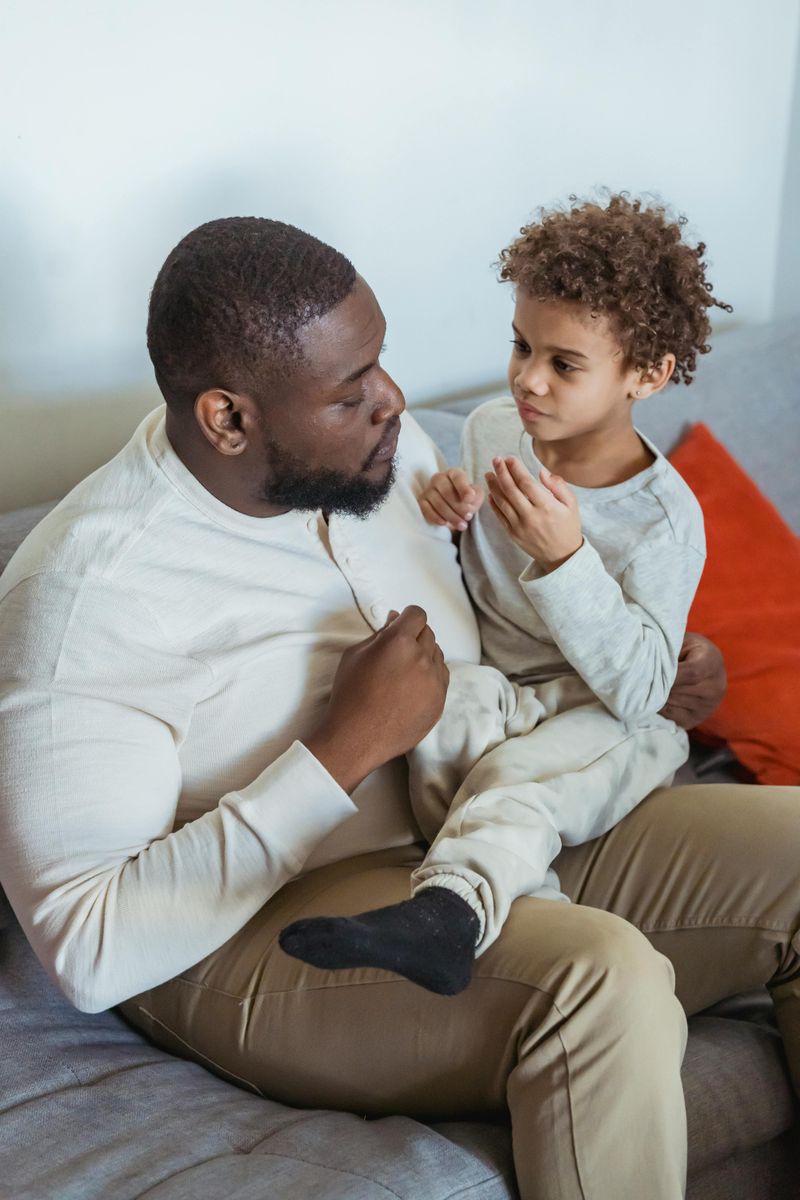
A peaceful home environment gave you something countless children lack – emotional safety. Your nervous system developed without the constant fight-or-flight response triggered by unpredictable shouting.
Disagreements happened, but they were handled with reasonable voices and respect. This modeling taught you healthy conflict resolution without realizing you were learning it. The absence of tension allowed your brain to focus on exploration and growth rather than survival.
Many children walk on eggshells at home, never knowing what might trigger the next explosion. Your calm household was an invisible privilege that shaped your emotional regulation, stress response, and ability to form healthy relationships far into adulthood.
7. Playing outside until dark
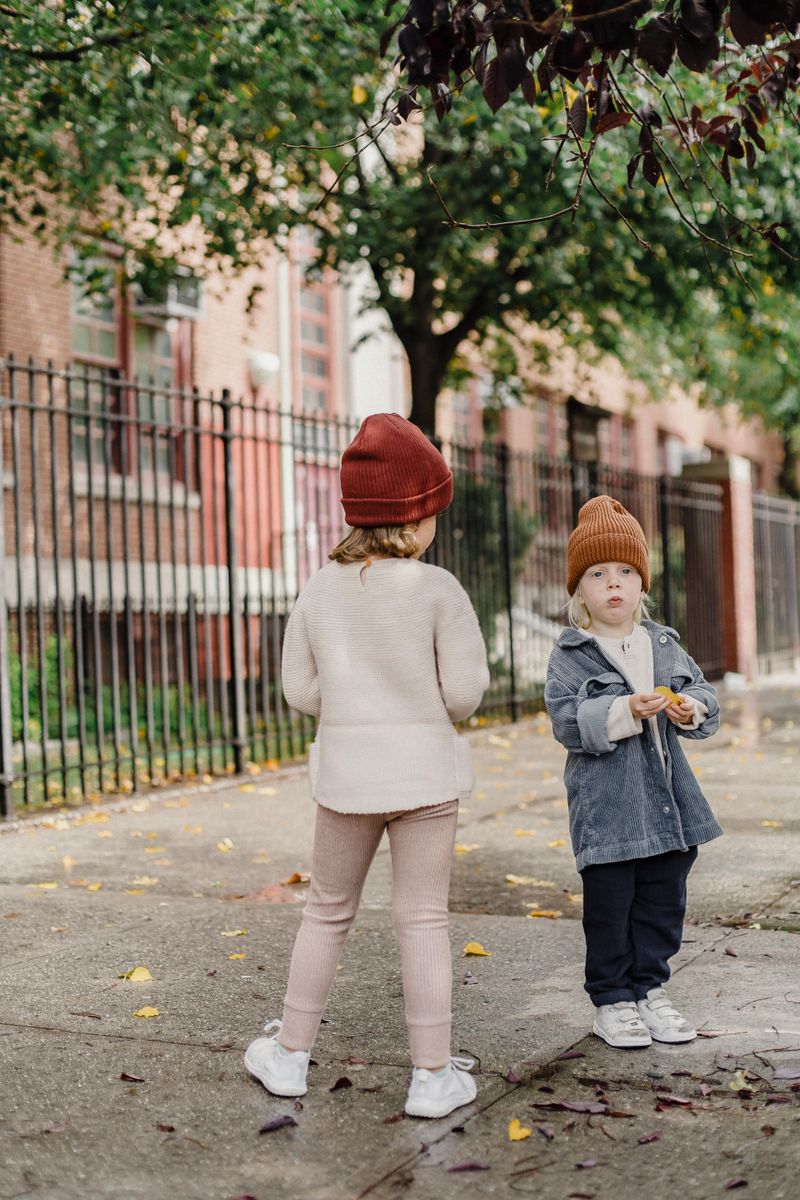
Freedom stretched as long as the summer shadows when parents trusted you to roam the neighborhood until streetlights signaled time to head home. That independence built confidence few modern children experience.
Bike rides to nowhere important. Neighborhood-wide games of tag. These unsupervised adventures taught risk assessment and decision-making no classroom could replicate. You learned your own limits without hovering adults directing every move.
Today’s children often live under constant supervision, their days structured and monitored. Your outdoor freedom represented parents who balanced protection with the crucial developmental need to explore independently – a delicate equilibrium many children never experience.
8. Tucked in every night
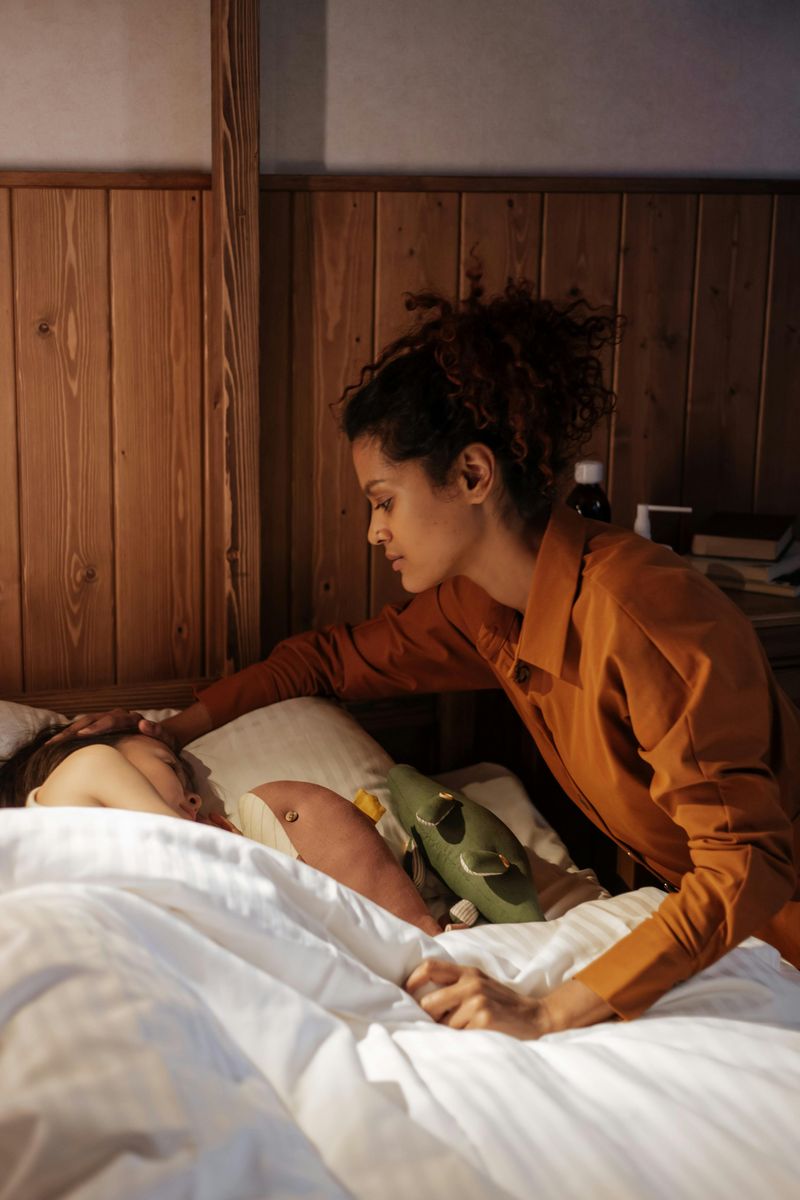
Bedtime rituals created bookends to your days, giving structure and security many children lack. That final tuck-in was more than just pulling up blankets – it was a daily recommitment to your care.
Someone taking time to settle you properly signaled you weren’t alone facing the vulnerability of sleep. The consistent routine – perhaps a straightened blanket, a final sip of water, one more hug – created predictability that helped your developing brain relax and transition to rest.
Many children put themselves to bed, missing this crucial bonding time. Your nightly ritual built attachment security that research shows impacts everything from stress regulation to future relationship success.
9. Laughter filled your days

Belly laughs and silly jokes created the soundtrack of your childhood home. This wasn’t just fun – it was medicine for your developing brain and emotional health.
Family dinners erupted in giggles over someone’s day. Car rides featured made-up games that had everyone howling. Even mistakes often turned into family jokes rather than sources of shame. Laughter connected you, diffused tension, and taught resilience.
Humor in your household signaled safety and joy many children never experience. Science confirms laughter reduces stress hormones while releasing endorphins and dopamine – your home environment literally bathed your developing brain in positive neurochemicals that built pathways toward optimism and emotional regulation.
10. Lots of warm hugs
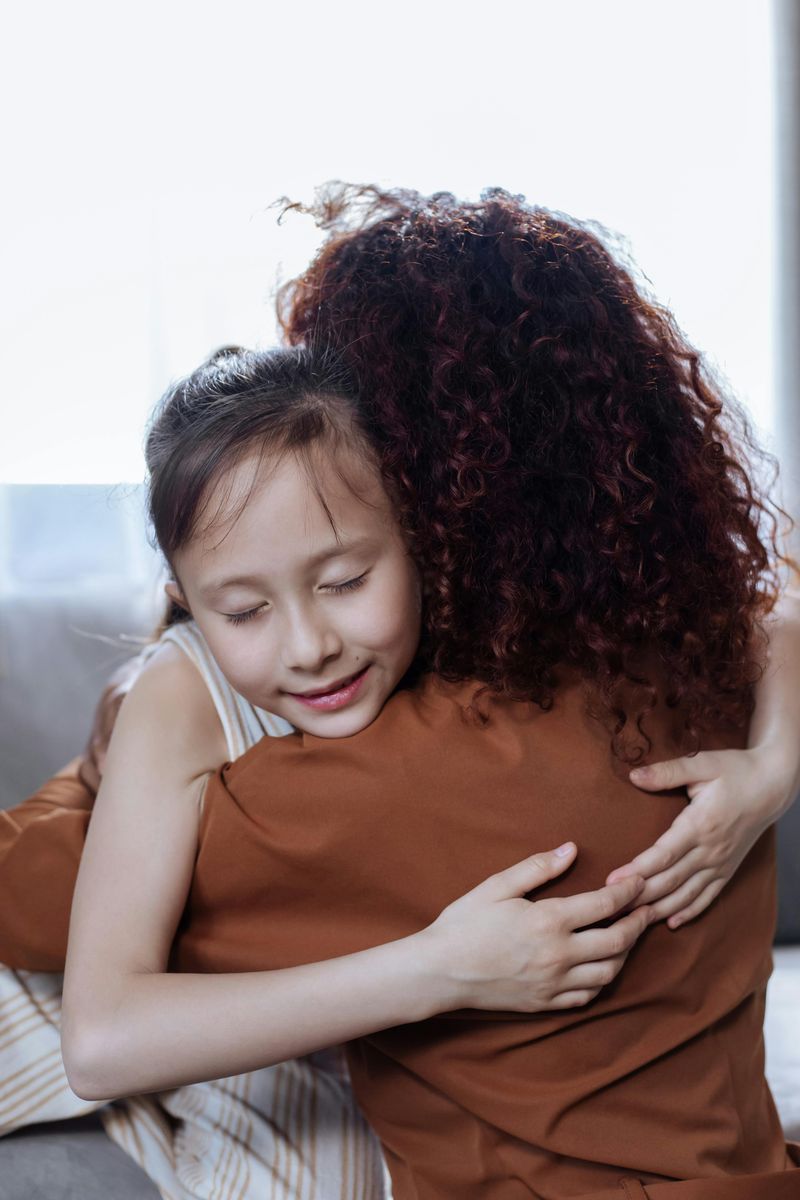
Physical affection wasn’t rationed in your childhood – it flowed freely, wrapping you in security. Those embraces weren’t just nice; they were neurologically necessary.
Morning hugs before school. Consoling embraces after disappointments. Celebratory squeezes for achievements big and small. Each touch released oxytocin – the bonding hormone – creating biological connections that reduced stress and built trust.
Touch deprivation affects countless children, leaving developmental gaps science is only beginning to understand. Your abundance of appropriate physical affection helped regulate your nervous system, lowered your cortisol levels, and even strengthened your immune response, giving you physiological advantages that extended far beyond emotional comfort.
11. Thinking your parents were superheroes
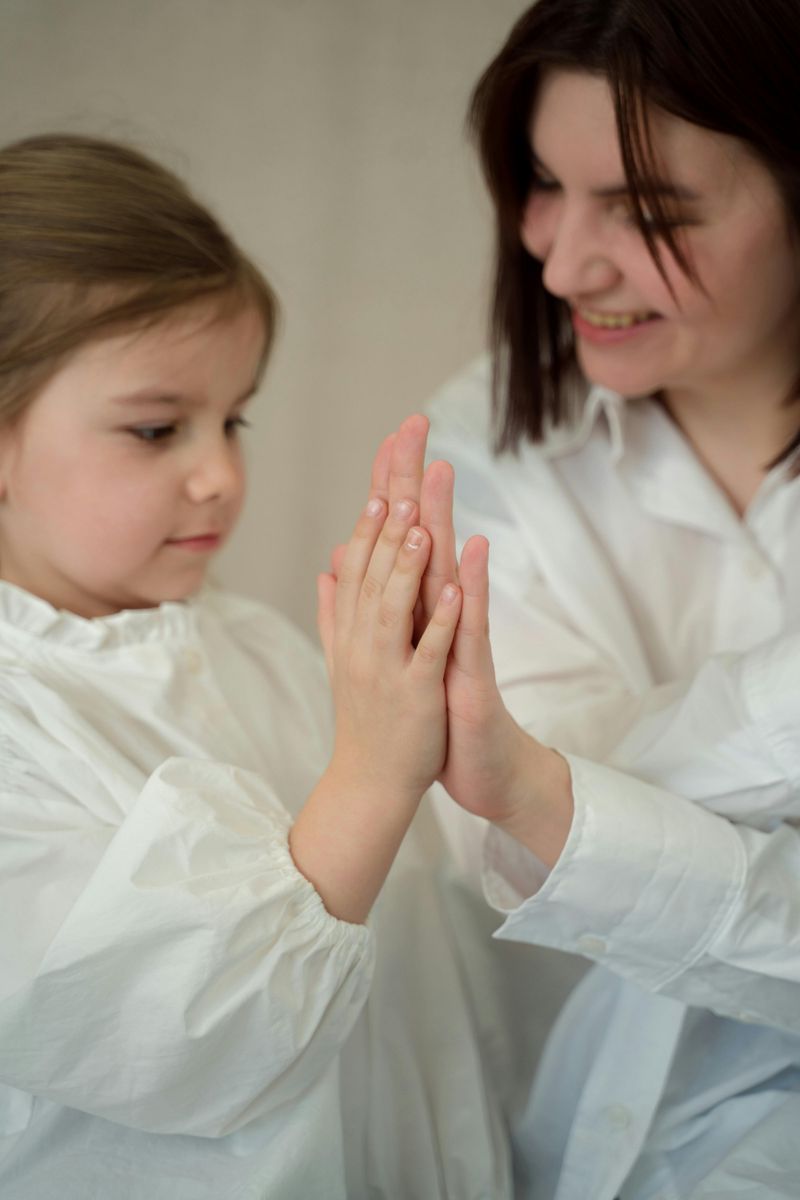
Absolute confidence in adult protection is a luxury many children never know. Your unwavering belief that grown-ups could fix anything represented profound security.
Dad could repair any broken toy. Mom knew exactly how to make a fever disappear. This wasn’t just childish imagination – it reflected adults who consistently met your needs, creating a foundation of trust. You slept soundly because someone else handled the monsters, both real and imagined.
Many children become caretakers themselves or face threats no superhero could vanquish. Your childhood faith in adult protection wasn’t naive – it was evidence of reliable caregivers who shouldered age-appropriate burdens, allowing you the developmental gift of feeling truly safe in an unpredictable world.
12. Bedtime stories every night
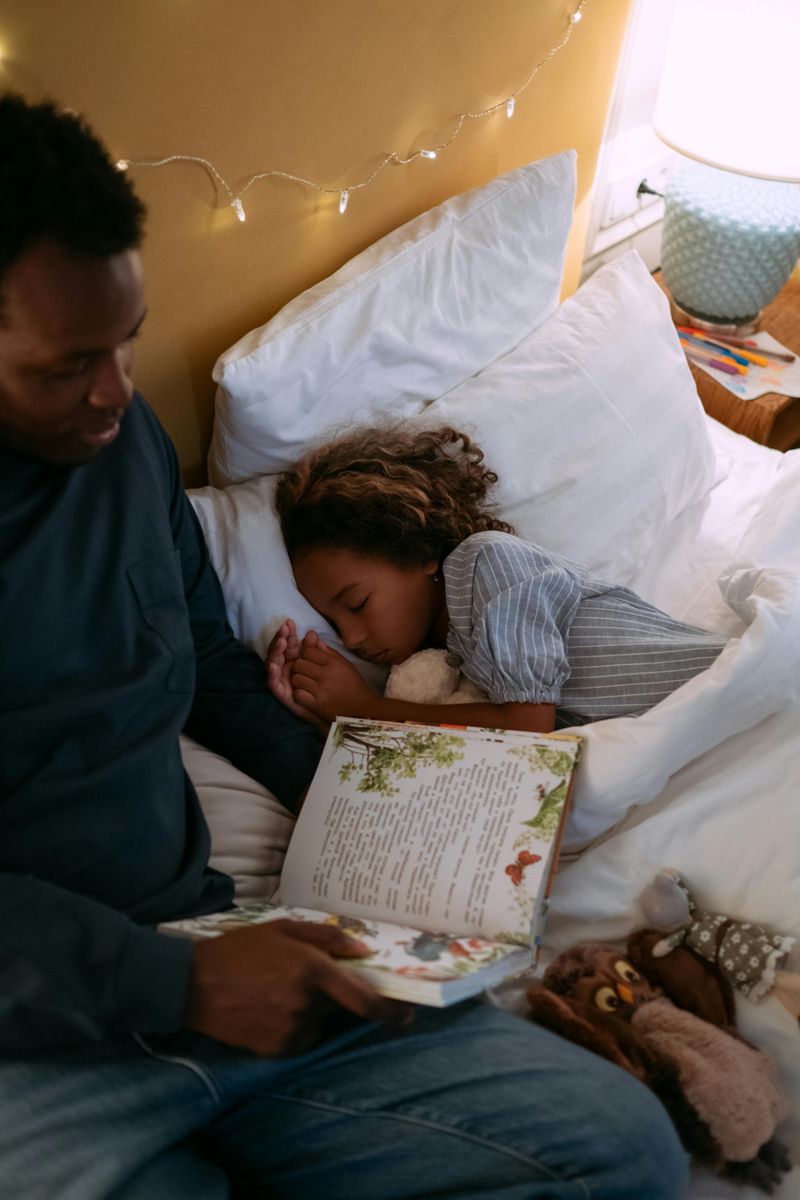
Those nightly reading sessions weren’t just about books – they represented dedicated one-on-one attention many children desperately crave. Someone prioritized this connection despite exhaustion and competing demands.
Turning pages together created a language-rich environment that developed your vocabulary, concentration, and imagination. Beyond academic benefits, these moments built attachment through physical closeness, shared focus, and the rhythm of a familiar voice.
Reading aloud is one of the strongest predictors of academic success, yet many children never experience it. Your bedtime stories represented educational privilege, emotional investment, and the luxury of having adults with energy and resources to pour into your development during those critical formative years.

Comments
Loading…